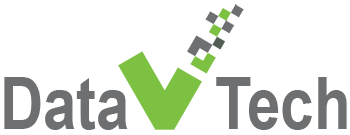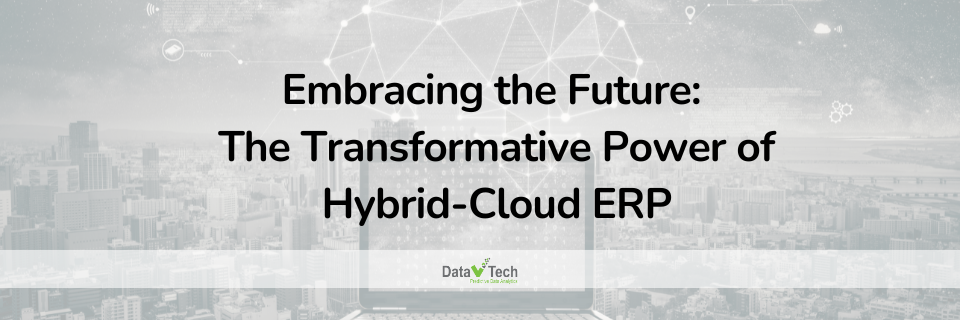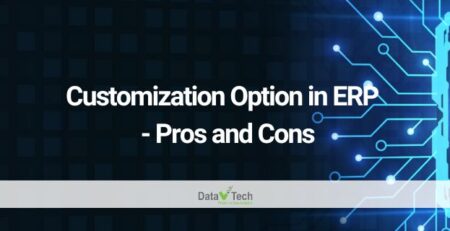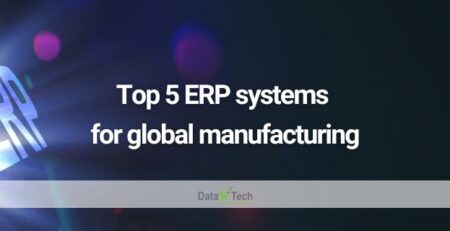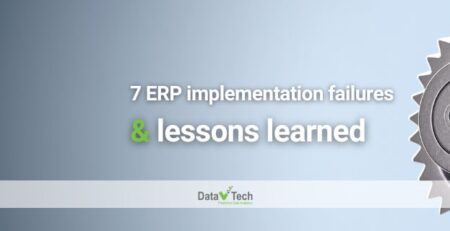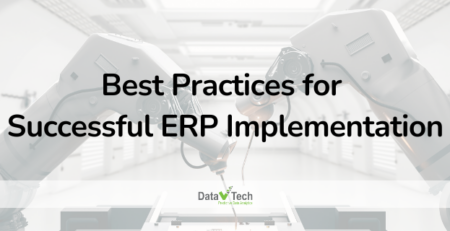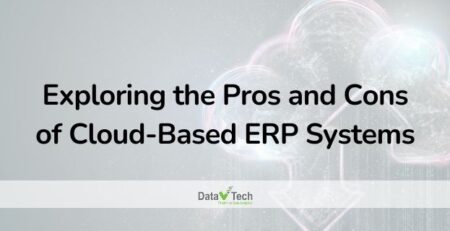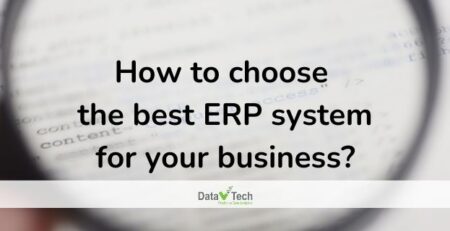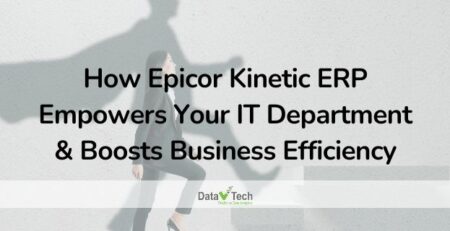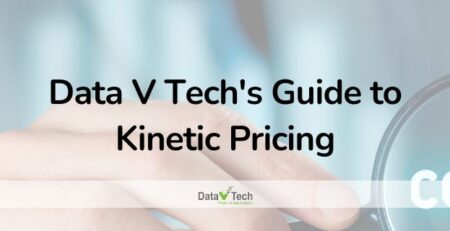Cloud-based Enterprise Resource Planning (ERP) has revolutionized business operations, offering unparalleled flexibility, scalability, and cost savings. As the cloud becomes an integral part of IT strategies worldwide, security, performance, and vendor dependency concerns have given rise to a game-changing solution: hybrid cloud ERP. This article delves into the future of hybrid cloud and its transformative impact on the IT landscape.
Understanding Hybrid Cloud
Hybrid cloud merges the strengths of on-premise and cloud hosting, empowering businesses to select the ideal platform for their unique requirements. Cloud-based ERP solutions, managed by ERP software providers, offer seamless scalability, cost-effectiveness, and effortless deployment. On-premise solutions, on the other hand, provide enhanced control, security, and compliance. By blending these two approaches, businesses can enjoy the best of both worlds.
Growth-Empowering Flexibility
The flexibility the hybrid cloud offers is one of its most significant advantages. Organizations can opt for on-off licenses and host their ERP software and data on third-party vendor cloud platforms. This enables businesses to scale their operations up or down effortlessly without significant capital investments in infrastructure. Hybrid cloud empowers agility, allowing companies to adapt swiftly to changing market demands and seize growth opportunities.
Enhanced Security and Compliance
Maintaining data security and compliance is paramount for businesses handling sensitive information, including healthcare providers and financial institutions. A hybrid cloud provides a solution by enabling organizations to retain control over their data within a private cloud space while capitalizing on the scalability of the public cloud. This approach ensures robust protection of sensitive data, easing businesses’ and customers’ data security worries.
Strengthened Disaster Recovery
In a disaster, hybrid cloud solutions excel at ensuring business continuity. By replicating data across public and private clouds, organizations can safeguard critical information, minimizing the risk of data loss and downtime. This comprehensive disaster recovery capability provides an added layer of resilience, protecting businesses against unforeseen events and maintaining operational efficiency.
Eco-Friendly and Sustainable:
The advantages of hybrid cloud extend beyond business operations to environmental stewardship. Organizations can significantly reduce their carbon footprint by leveraging the public cloud for non-critical workloads. This eco-friendly approach aligns with sustainability initiatives, allowing businesses to contribute to a greener future while enjoying the cost-saving benefits of cloud computing.
The Bright Future of Hybrid Cloud:
As businesses evolve to meet their ever-changing IT needs, hybrid cloud adoption continues to soar. The global hybrid cloud market is projected to be worth USD 173.33 billion by 2025, growing at a CAGR of 22.5% from 2020 to 2025, according to a report by Market Research Future. This growth is fueled by the increasing prevalence of cloud computing, the increasing demand for scalable and cost-effective computing solutions, and the imperative for businesses to maintain control over their valuable data.
Hybrid cloud ERP represents the future of efficient and secure business operations. Organizations can achieve unprecedented flexibility, scalability, and cost savings by seamlessly integrating the benefits of both on-premise and cloud hosting. As the hybrid cloud market grows exponentially, businesses must embrace this transformative trend to stay competitive in an ever-evolving digital landscape. By doing so, they can unlock the immense potential of hybrid cloud ERP and embark on a path toward sustainable growth and success.
About Data V Tech Solutions Company Ltd. (also known as Data V Tech):
Data V Tech, the authorized partner of Epicor Software Corporation in the Asia Pacific, brings 20 years of experience implementing Epicor ERP (current version: Kinetic). With expertise in cloud, on-premise, and hybrid hosting options, they provide manufacturers worldwide with industry-specific expertise, flexibility, and accountability in designing and developing customized ERP systems.
